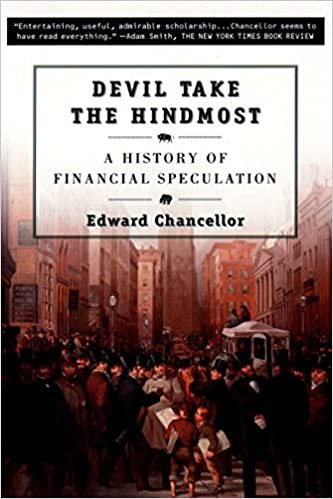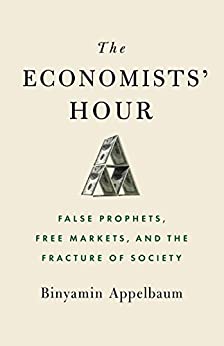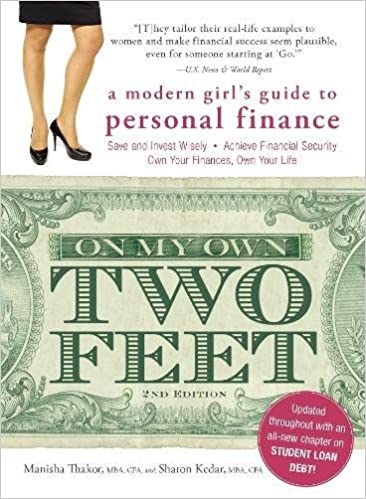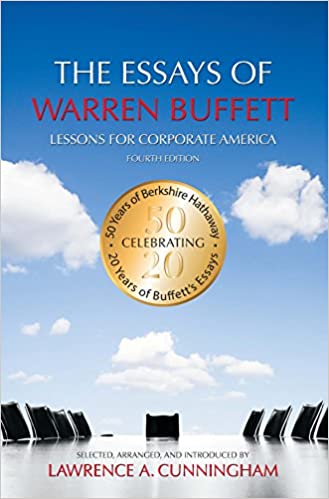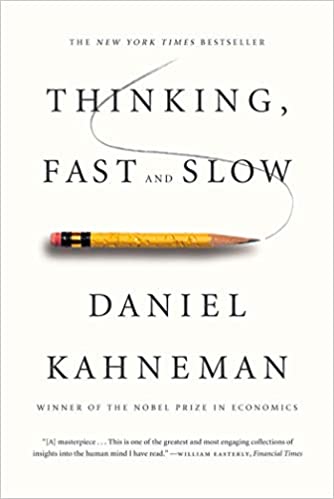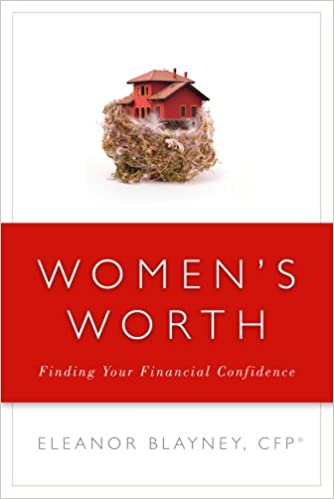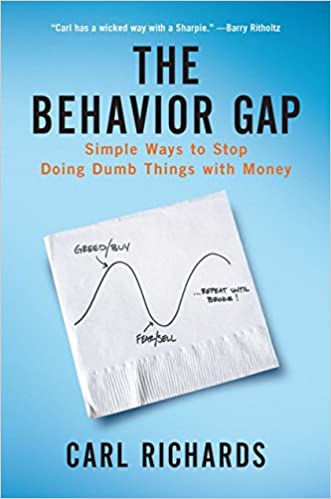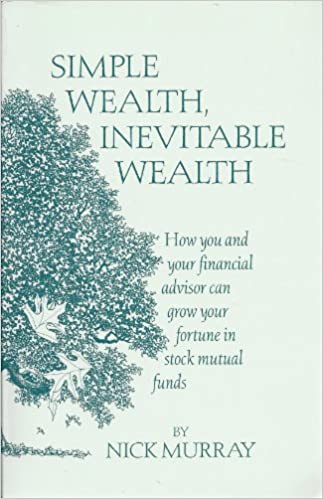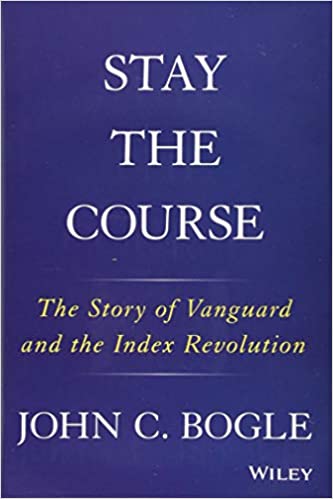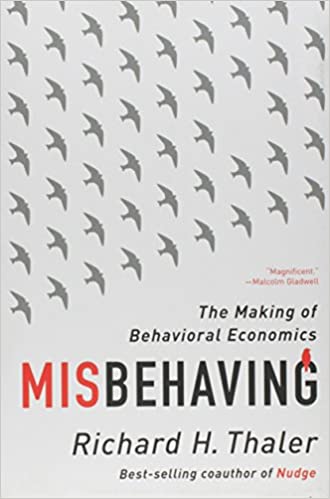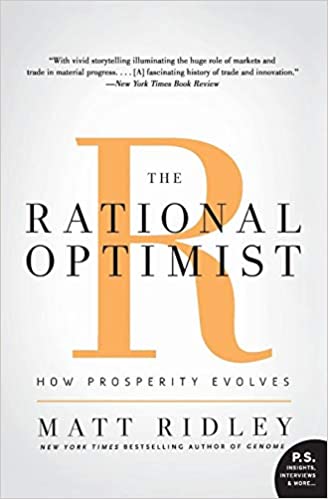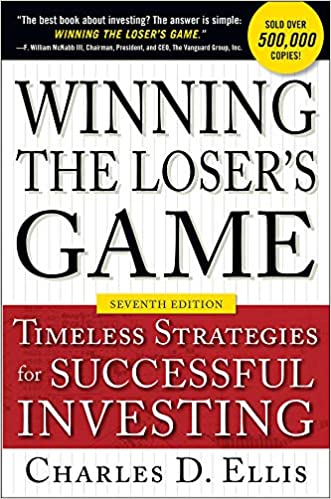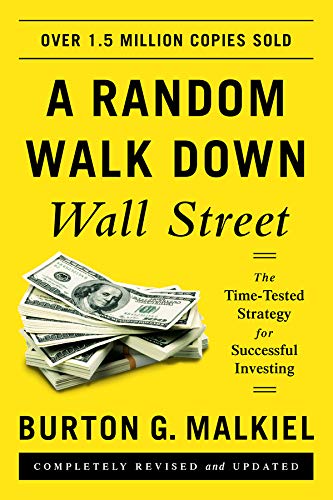The dog days of summer are here. As many of us have missed out on our vacations because of the pandemic, we are all looking for an outlet or ways to “get away”. People are beginning to travel again, but whether you choose to stay at home, take a road trip or find a place to vacation away from the masses, we all could go for a good book or two.
Personally, books have been an outlet for me my entire life. Despite everything that seems to be going not right at the moment, I have to say that Summer 2020 has been the best summer of reading by far. There are some great resources to help you build out your summer reading list, including The New York Times, The Washington Post and Goodreads. I suggest that you add a few books on finance and economics. To help you do that, I spoke with some of the other advisors at TCI to get additional recommendations.
This is by no means an exhaustive list. Just a few of our favorites. Some are fun and easy, others are a little more work. All are informative and you will find a diverse set of views and a wealth of knowledge.
Here’s the key takeaway… Enjoy. We are all in search of a little good right now, and reading is good. It’s good for the mind, it’s good for the body and it’s good for the soul.
— — —
Before you get started, I’d like to point out two things: First, the summaries here are not our own. They are taken from either the book itself or the distributor. Second, we like all of the books on this list, but that doesn’t mean that we endorse everything that is written in the pages.
DEVIL TAKE THE HINDMOST: A HISTORY OF FINANCIAL SPECULATION (EDWARD CHANCELLOR)
In Devil Take the Hindmost, Edward Chancellor traces the origins of the speculative spirit back to ancient Rome and chronicles its revival in the modern world: from the tulip scandal of 1630s Holland, to “stockjobbing” in London’s Exchange Alley, to the infamous South Sea Bubble of 1720, which prompted Sir Isaac Newton to comment, “I can calculate the motion of heavenly bodies, but not the madness of people.” This book tells a fascinating story of human dreams and folly through the ages.
THE ECONOMISTS’ HOUR: FALSE PROPHETS, FREE MARKETS, AND THE FRACTURE OF SOCIETY (BINYAMIN APPLEBAUM)
Before the 1960s, American politicians had never paid much attention to economists. But as the post-World War II boom began to sputter, economists gained influence and power. In The Economists’ Hour, Binyamin Appelbaum traces the rise of the economists, first in the United States and then around the globe, as their ideas reshaped the modern world, curbing government, unleashing corporations and hastening globalization.
ON MY OWN TWO FEET: A MODERN GIRL’S GUIDE TO PERSONAL FINANCE (MANISHA THAKOR & SHARON KEDAR)
Most young women would love to live a carefree lifestyle filled with lunches, Louis Vuitton and lattes, but what you might not know is that doing so can lead to future financial breakdown. Whether you’ve been living paycheck-to-paycheck, are trying to save for a down payment on your first home or are hoping to one day retire in comfort, On My Own Two Feet teaches you how to balance your desire to live well today with the need to save and invest for tomorrow.
ESSAYS OF WARREN BUFFETT: LESSONS FOR CORPORATE AMERICA (LAWRENCE CUNNINGHAM)
The definitive book on Warren Buffett’s views on everything from investing to management, this is the classic curated collection of his famous shareholder letters, masterfully arranged according to topic by long-time Buffett expert, Lawrence Cunningham. As the book Buffett autographs most, its popularity and longevity attest to the widespread appetite for this unique compilation of Buffett’s thoughts that is at once comprehensive, non-repetitive and digestible. The fourth edition’s new material includes: Warren’s 50th anniversary retrospective, in what Bill Gates called Warren’s best letter ever.
THINKING, FAST AND SLOW (DANIEL KAHNEMAN)
In his mega bestseller, Thinking, Fast and Slow, Daniel Kahneman, world-famous psychologist and winner of the Nobel Prize in Economics, takes us on a groundbreaking tour of the mind and explains the two systems that drive the way we think. System 1 is fast, intuitive, and emotional; System 2 is slower, more deliberative, and more logical. The impact of overconfidence on corporate strategies, the difficulties of predicting what will make us happy in the future, the profound effect of cognitive biases on everything from playing the stock market to planning our next vacation―each of these can be understood only by knowing how the two systems shape our judgments and decisions.
WOMEN’S WORTH: FINDING YOUR FINANCIAL CONFIDENCE (ELEANOR BLAYNEY)
Women live longer and are more likely to live alone for significant periods of time. Our workplace participation is more intermittent, and the care of dependents falls to us more often. Though we are educated and successful, earning more now than ever before, we often lack confidence in our ability to make financial decisions. In short, our financial needs are different from those of men — it’s time our financial advice was different, too. In Women’s Worth, CERTIFIED FINANCIAL PLANNER Eleanor Blayney breaks through the traditionally male-dominated field of financial advice to offer information you as a woman can really use. Her frank approach intersperses practical advice with easy-to-do exercises that will help you understand your beliefs about money, learn the fundamentals of financial planning and gain confidence in your financial know-how.
THE BEHAVIOR GAP (CARL RICHARDS)
“It’s not that we’re dumb. We’re wired to avoid pain and pursue pleasure and security. It feels right to sell when everyone around us is scared and buy when everyone feels great. It may feel right-but it’s not rational.” Carl Richards’s way with words and images has attracted a loyal following to his blog posts for The New York Times, appearances on National Public Radio and his columns and lectures. His book will teach you how to rethink all kinds of situations where your perfectly natural instincts (for safety or success) can cost you money and peace of mind. As Richards writes: “We’ve all made mistakes, but now it’s time to give yourself permission to review those mistakes, identify your personal behavior gaps, and make a plan to avoid them in the future. The goal isn’t to make the ‘perfect’ decision about money every time, but to do the best we can and move forward. Most of the time, that’s enough.”
SIMPLE WEALTH, INEVITABLE WEALTH (NICK MURRAY)
This book is intended for advisors to give to clients in order to share two investing philosophies: (1) that equities are essential to long-term wealth-building and to a solidly rising income in retirement; and (2) that no one will ever be able to hold equities through all the fears and fads of the market cycle without the investment counselor. The wealth-building process described in this book is simple, but it isn’t easy. But if you can muster the required amounts of faith, patience and discipline – and if you can draw those qualities from your advisor when your own are running low – history suggests that wealth follows over time.
STAY THE COURSE: THE STORY OF VANGUARD AND THE INDEX REVOLUTION (JOHN BOGLE)
The story of the Vanguard Group as told by its founder, legendary investor John C. Bogle. This engrossing book traces the history of Vanguard―the largest mutual fund organization on earth. Offering the world’s first index mutual fund in 1976, John Bogle led Vanguard from a $1.4 billion firm with a staff of 28 to a global company of 16,000 employees and with more than $5 trillion in assets under management. An engaging blend of company history, investment perspective and personal memoir, this book provides a fascinating look into the mind of an extraordinary man and the company he created.
MISBEHAVING: THE MAKING OF BEHAVIORAL ECONOMICS (RICHARD THALER)
Nobel laureate Richard H. Thaler has spent his career studying the radical notion that the central agents in the economy are humans―predictable, error-prone individuals. Misbehaving is his arresting, frequently hilarious account of the struggle to bring an academic discipline back down to earth―and change the way we think about economics, ourselves and our world. Traditional economics assumes rational actors. Early in his research, Thaler realized these Spock-like automatons were nothing like real people. Whether buying a clock radio, selling basketball tickets or applying for a mortgage, we all succumb to biases and make decisions that deviate from the standards of rationality assumed by economists. In other words, we misbehave. More importantly, our misbehavior has serious consequences. Dismissed at first by economists as an amusing sideshow, the study of human miscalculations and their effects on markets now drives efforts to make better decisions in our lives, our businesses and our governments.
THE RATIONAL OPTIMIST: HOW PROSPERITY EVOLVES (MATT RIDLEY)
For two hundred years the pessimists have dominated public discourse, insisting that things will soon be getting much worse. But in fact, life is getting better and at an accelerating rate. Food availability, income and life span are up; disease, child mortality and violence are down all across the globe. Africa is following Asia out of poverty; the Internet, the mobile phone, and container shipping are enriching people’s lives as never before. In his bold and bracing exploration into how human culture evolves positively through exchange and specialization, bestselling author Matt Ridley does more than describe how things are getting better.
WINNING THE LOSER’S GAME: TIMELESS STRATEGIES FOR SUCCESSFUL INVESTING (CHARLES ELLIS)
Called “Wall Street’s wisest man” by Money magazine, Charles Ellis converts the expertise he has developed as a consultant to the world’s largest pension, endowment and sovereign wealth funds and as a teacher at Harvard, Yale and Princeton into candid, pithy, easy to use chapters on how to succeed as an investor.
A RANDOM WALK DOWN WALL STREET:
THE TIME-TESTED STRATEGY FOR SUCCESSFUL INVESTING (BURTON MALKIEL)
Updated with a new chapter that draws on behavioral finance, the field that studies the psychology of investment decisions, here is the best-selling, authoritative and gimmick-free guide to investing. Burton Malkiel evaluates the full range of investment opportunities, from stocks, bonds and money markets to real estate investment trusts and insurance, home ownership and tangible assets such as gold and collectibles.


